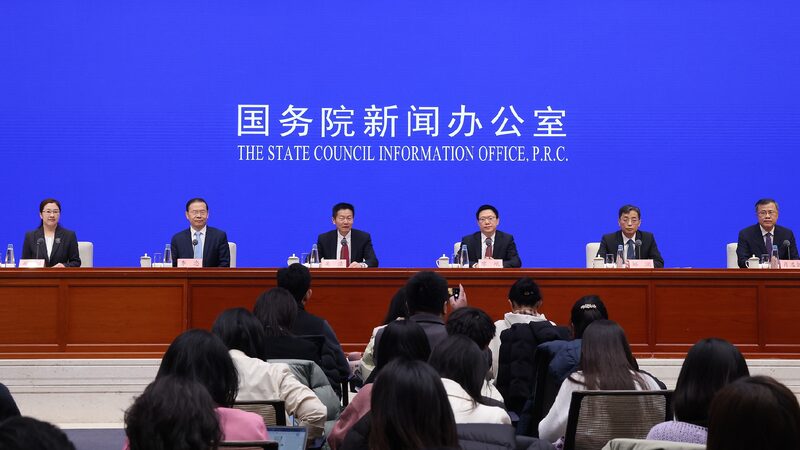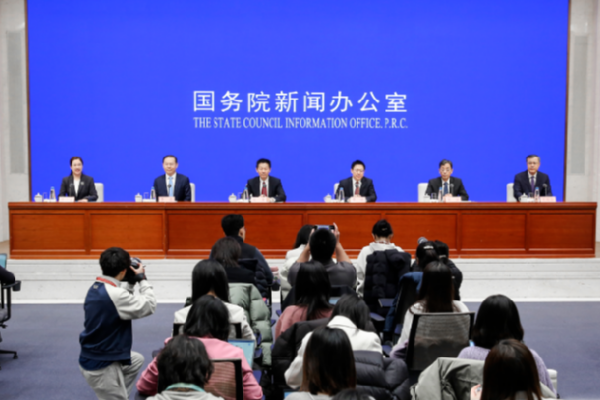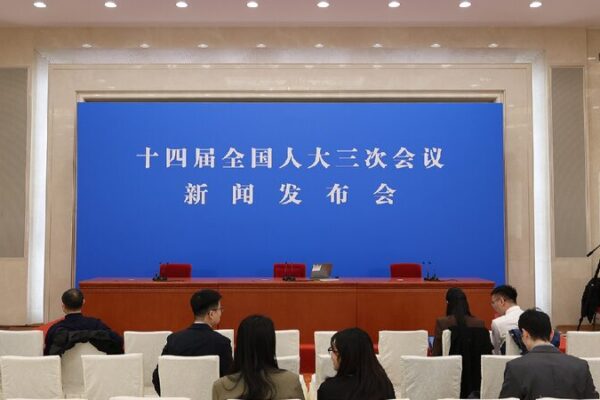China Unveils Major Reforms to Boost Capital Market and Real Estate Sector
China is making big moves to strengthen its economy, focusing on both the capital market and the real estate sector. On Thursday, the State Council Information Office (SCIO) held a press conference to announce new measures aimed at injecting more long-term funds into the market and promoting high-quality development.
Wu Qing, Chairman of the China Securities Regulatory Commission (CSRC), shared plans to expand corporate pension coverage. This means more companies will offer pension plans, and employees might get the chance to make their own investment choices within these schemes. The goal is to diversify how pension funds are invested, making them more personalized and effective.
Wu also highlighted the importance of enhancing public fund management. The CSRC has set an ambitious target: over the next three years, they aim for at least a 10% annual increase in the market value of A-shares held by public funds. A-shares are stocks of companies based in the Chinese mainland, and boosting their value can help strengthen the entire market.
In another significant move, the CSRC announced it will expedite a second batch of long-term stock investment pilots for insurance funds. They’re planning to invest at least 100 billion yuan (approximately $13.7 billion) into these pilots. Starting in 2025, large state-owned insurance companies are expected to allocate 30% of their newly collected insurance premiums to invest in A-shares. This could greatly increase the scale and impact of insurance funds in the stock market.
Xiao Yuanqi, deputy director of the National Financial Regulatory Administration, discussed plans to optimize insurance fund investments. Insurance companies will be encouraged to invest more in the stock market gradually. The aim is to have insurance funds play a bigger role in stabilizing and developing the capital market.
But it’s not just the stock market that’s getting attention. Xiao also announced that loan commitments for “white list” real estate projects have reached 5.6 trillion yuan (about $769.4 billion) as of January 22. This shows the government’s commitment to supporting the real estate sector, which is a vital part of China’s economy.
These measures represent a strategic push to strengthen China’s capital market and ensure long-term economic growth. By expanding corporate pensions and directing more funds toward A-shares, the government hopes to enhance market stability. The reforms reflect a proactive approach to fostering sustainable development in both the financial and real estate sectors, aiming for long-term benefits for the Chinese economy.
Reference(s):
cgtn.com








